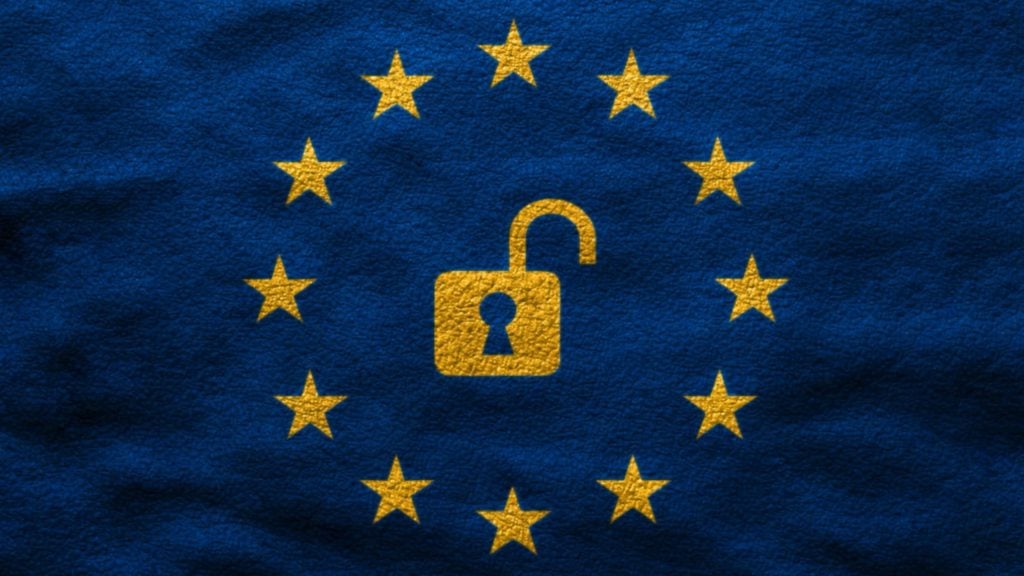Bridget Phillipson, the UK’s Secretary of Education and Labour MP for Houghton and Sunderland South, has unveiled plans for a comprehensive review of the primary and secondary education curriculum. The proposed changes aim to equip students with the state-backed skills to discern truth from falsehood in the always-online era but have sparked concerns regarding potential indoctrination and the limiting of critical thinking.
Phillipson’s initiative, discussed in a recent interview with The Sunday Telegraph, seeks to fortify students against what she describes as a surge of false narratives and extremist ideologies online. The revised curriculum will emphasize critical thinking across various subjects, including English and Computer lessons, which will now incorporate analyses of news articles and online content to identify “misinformation.”
Phillipson told the Sunday Telegraph: “It’s more important than ever that we give young people the knowledge and skills to be able to challenge what they see online.
“That’s why our curriculum review will develop plans to embed critical skills in lessons to arm our children against the disinformation, fake news and putrid conspiracy theories awash on social media. Our renewed curriculum will always put high and rising standards in core subjects – that’s non-negotiable.
“But alongside this we will create a broad, knowledge-rich curriculum that widens access to cultural subjects and gives pupils the knowledge and skills they need to thrive at work and throughout life.”
However, the focus on distinguishing “genuine” news from fabricated stories could bias students towards mainstream media sources, discouraging skepticism about these outlets and potentially stifling broader critical inquiry.
As in other scenarios, critics fear that such an approach could reduce exposure to a diverse range of viewpoints, skewing students’ understanding of media literacy by promoting a narrow spectrum of sources deemed acceptable by the curriculum standards.
The push to integrate lessons on fake news within computer classes and the contextual analysis of statistics in mathematics has been met with skepticism. There is a concern that defining certain sources as inherently reliable could undermine the development of independent critical thinking skills, leading students to accept approved narratives without sufficient scrutiny.
These curriculum modifications follow incidents like the recent discussion about a stabbing incident where three young children were killed, which ignited riots nationwide. Online posts resulted in arrests.
While the government and specialized units, such as the National Police Chiefs’ Council, intensify their efforts to combat online “hate speech” and misinformation, Phillipson insists that education is the most potent antidote to misleading narratives.



